ACM Peer Reviewer Training and Certification
ACM's publications program is built on a foundation of high quality peer review. In this course for peer reviewers, you will learn the principles of peer review as well as details of the process and your responsibility within that process.
Take our Peer Reviewer Training course to become an ACM Certified Reviewer today.
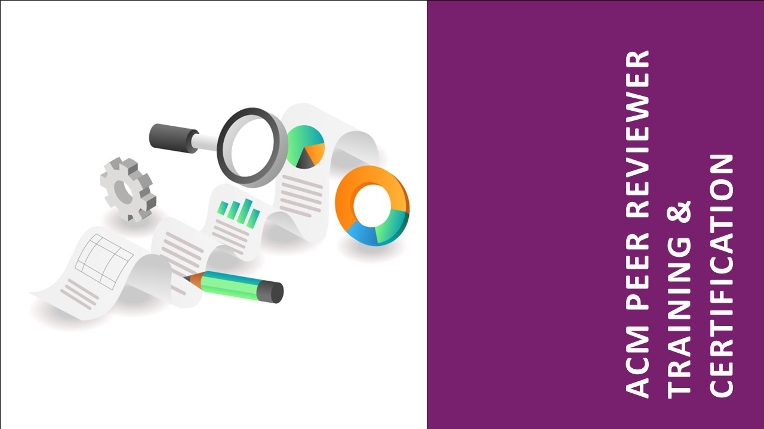
Case Studies for Peer Reviewers
As part of ACM's Peer Reviewer Training and Certification course, we invite you to test your knowledge on some of the trickier scenarios our reviewers face on a daily basis. Strengthen your knowledge while upholding the integrity of the ACM publications program.

ACM Peer Review Policy and FAQ
ACM's Peer Review Policy defines the principles and practices for peer review in ACM Publications. The policy and the accompanying Frequently Asked Questions page address topics such as confidentiality, the use of large language models in the peer review process, conflicts of interest, among others.
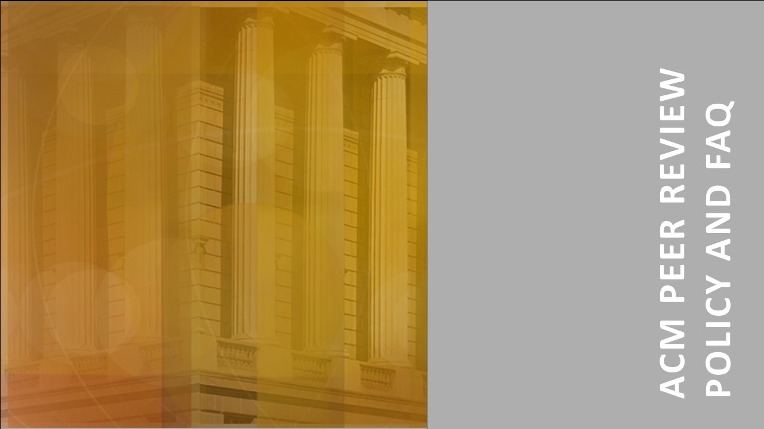
ACM Journals
ACM publishes more than 50 scholarly peer-reviewed journals in dozens of computing and information technology disciplines. Taken together they constitute a vast and comprehensive archive of computing innovation that includes data mining and management, architecture and accessibility, programming languages and software engineering, graphics and networking, Internet and Web technology, computational logic and storage issues, and computer-human interaction, among other specialties.
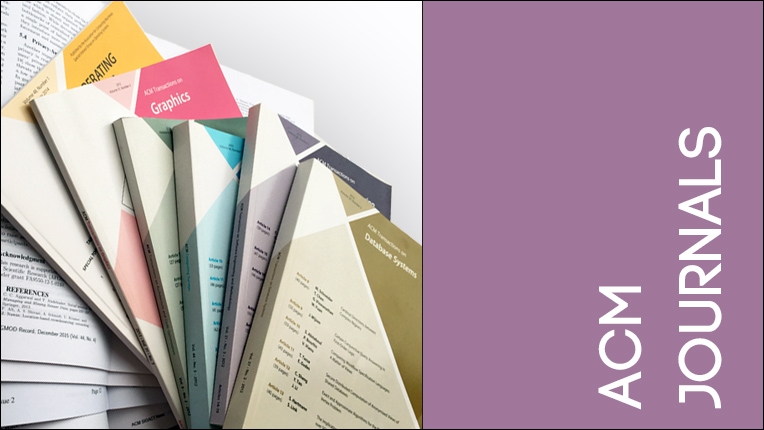
ACM Proceedings
Conference proceedings capture the cutting edge of innovation across the spectrum of computing fields by publishing refereed research findings and invited papers from ACM conferences, workshops and symposia. More than any other field, conferences are a vital publication venue in computing, where the most cutting-edge research is presented and discussed. ACM and its Special Interest Groups convene more than 170 conferences, symposia and workshops each year. Proceedings from these events are included in the ACM Digital Library.
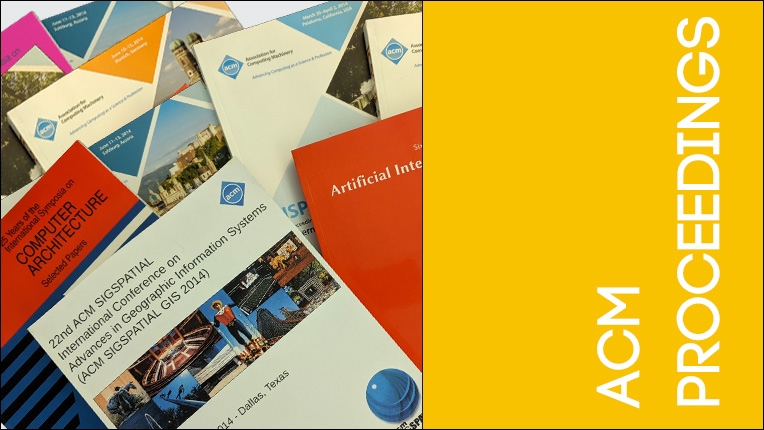
ACM Magazines
ACM's seven magazines deliver technical articles, news stories, and commentary from thought leaders throughout computing and information technology. ACM’s print and online magazines include its flagship, Communications of the ACM (CACM), which features trusted insights for computing's leading professionals worldwide. Interested contributors should take note that every ACM magazine follows its own set of Author Guidelines and submission procedures, so it is imperative that authors follow the guidelines associated with the magazine of interest.
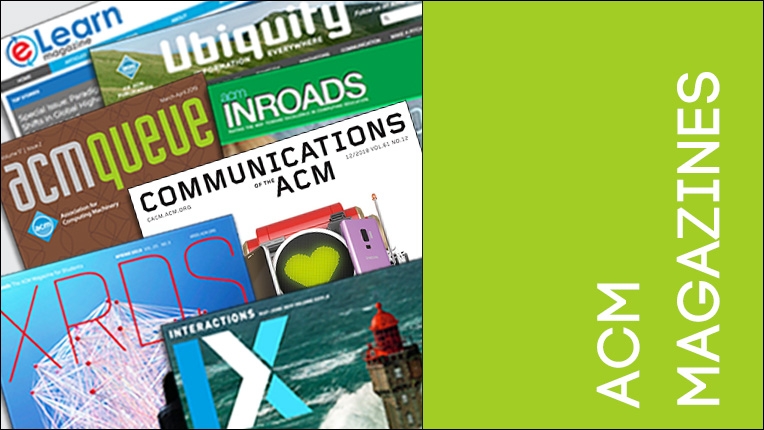
Diversity, Equity, and Inclusion
Anyone, from any background, should feel encouraged to participate and contribute to ACM. Differences – in age, race, gender and sexual orientation, nationality, physical ability, thinking style and experience – bring richness to our efforts in providing quality programs and services for the global computing community.
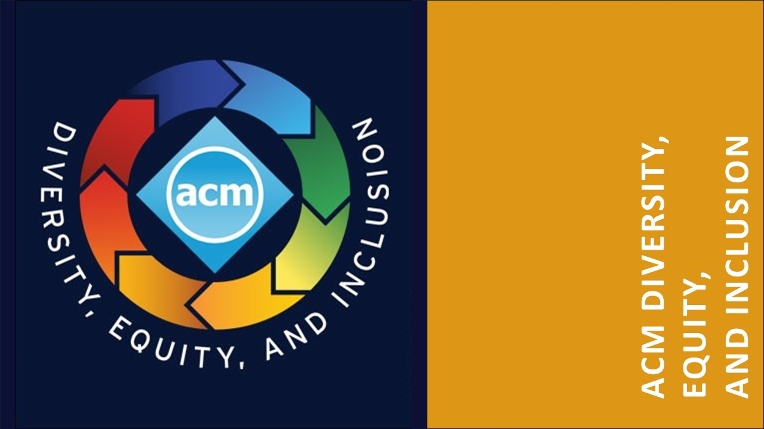
Web of Science Reviewer Recognition Service
In an effort to better serve—and incentivize—ACM reviewers, ACM has partnered with the Web of Science Reviewer Recognition Service (formerly Publons), which allows reviewers to create a profile and to track, verify, and promote their efforts for ACM publications. This service offers a verified record of a reviewer’s editorial activity for a publication that can be used for CVs, profiles, tenure packages, and more.
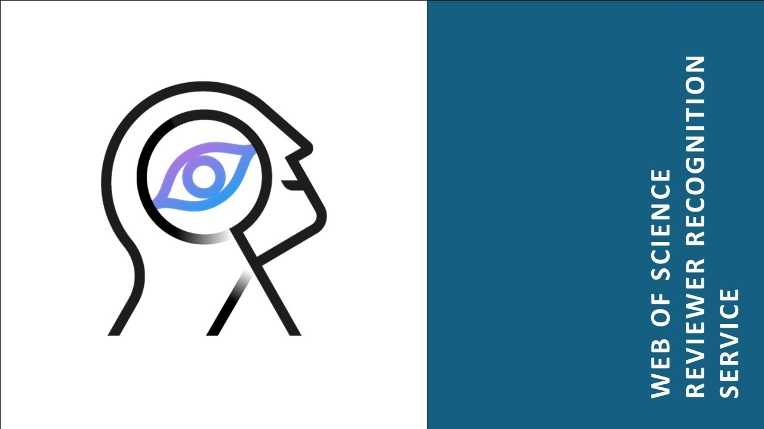
Lifelong Learning
ACM offers lifelong learning resources including online books and courses from Skillsoft, TechTalks on the hottest topics in computing and IT, and more.
